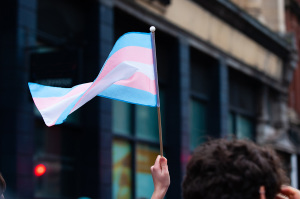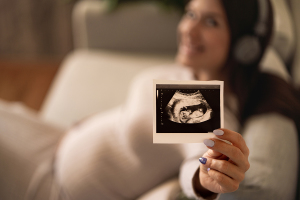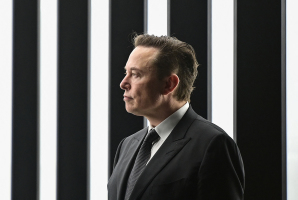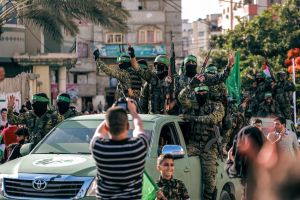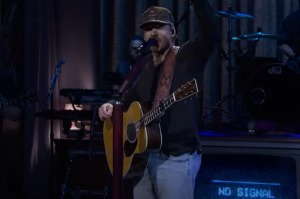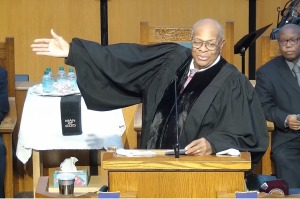Theologians Gather in Brazil to Envision Sustainable World
Theologians from around the world have gathered near the mouth of the Amazon River in northeast Brazil to develop a theology for the "sustainability of life on Earth."
Starting Wednesday, around 400 people were expected to gather in the city of Belém for the 3rd World Forum on Theology and Liberation, joining in conferences, plenary sessions, workshops, and the presentation of research projects and scientific articles over the course of five days.
"The people from rivers and forests and its enchantment will represent more than just a beautiful and exotic view," say organizers of the gathering held ahead of the much larger World Social Forum (WSF). "We will build a Forum dedicated to the sustainability of life in the planet, through prophetic spirituality engaged with justice, dignity and freedom."
The theme of the Jan. 21-25 forum is "Water, Land and Theology," which organizers say is itself is "an invitation to the construction of critical and creative relations between these symbolic words – 'water' and 'land' – from liberating theological perspectives."
Participants include theologians and teachers, men and women involved in social issues, as well as scientists ranging from religious scientists to culture scientists.
The general goal of forum is to provide a space of theological reflection on the basis of liberating practices in view of the future of life on earth.
The last forum, held in Nairobi, Kenya, two years ago, gathered 300 people from all five continents and reportedly enabled an encounter and exchange of searches and accomplishments in terms of the affirmation of life, justice and dignity on a planetary scale through an exposure to the appeals and invitations of the Kenyan context.
For this year's gathering, conferences, plenary and a final panel have been scheduled to help the development and debate of the forum's theme. Workshops and presentation of papers, meanwhile, will welcome the diversity of experiences presented by delegations and participants from all over the world. Each thematic-key is expected to have a part in the construction of an interdisciplinary territory for simultaneous debates in theology.
As far as the organization is concerned, like any initiative of this nature, the biennial WFTL is acquiring its shape along the way, according to the needs and possibilities that emerge. So far, five structures have supported the forum – the Organizing Committee, the International Committee, the Permanent Secretariat, the temporary Local Committee, and the group of partner organizations that guarantee the project's funding.
U.S. participants expected to join this year's forum include, among others, Ada Maria Isasi-Diaz, professor of Social Christian Ethics and Theology at Drew University; Chung Hyun Kyung, associate professor of Ecumenical Theology at Union Theological Seminary; Emilie Maureen Townes, professor of African American Religion and Theology at Yale Divinity School; Diana M. Swancutt, assistant professor of New Testament at Yale; George E. (Tink) Tinker, professor of American Indian Cultures and Religious Traditions at Iliff School of Theology; Michel Andraos, assistant professor of Cross-Cultural Ministry at Catholic Theological Union; and Dr. Rosetta E. Ross, associate professor of Religion at Spelman College.
















